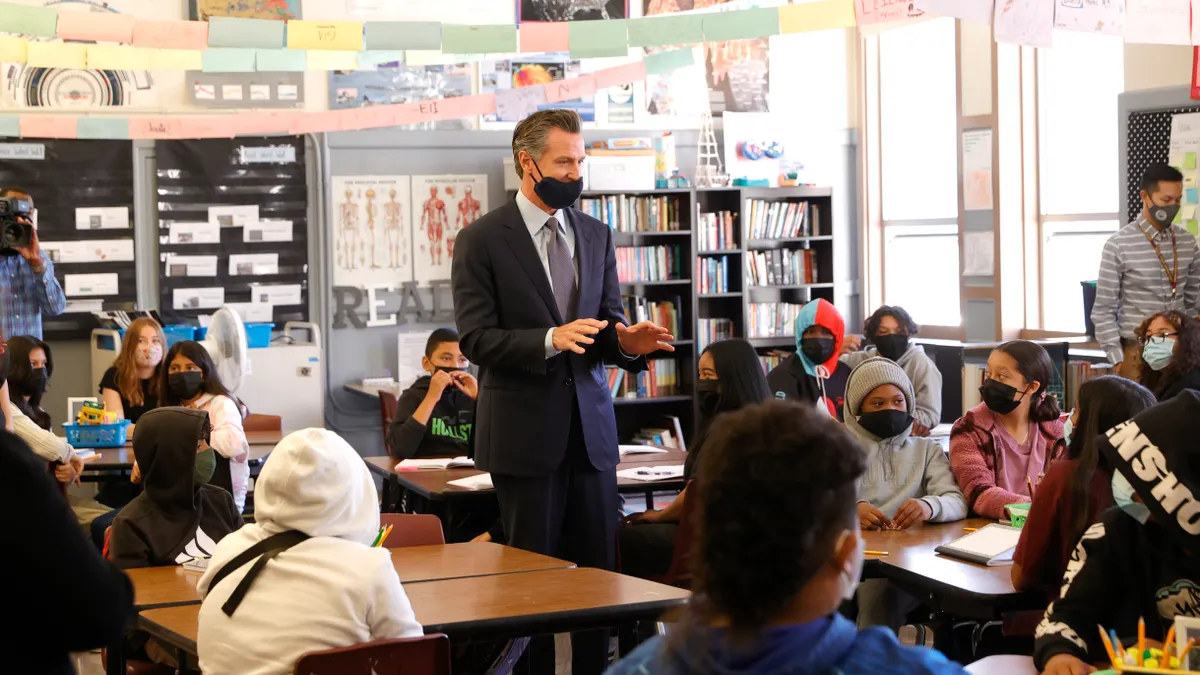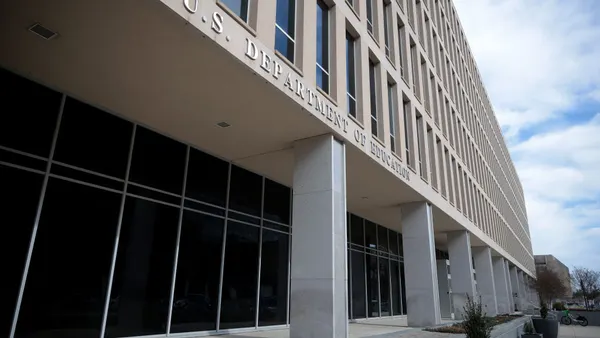On Tuesday, California moved one step closer to mandating kindergarten beginning in the 2024-25 school year as Senate Bill 70, which passed the state Senate last week, landed on Gov. Gavin Newsom’s desk.
“As a public school teacher for 17 years, I have witnessed the detrimental impact on young students who miss out on fundamental early education,” said state Sen. Susan Rubio, who introduced the legislation, in a statement. “The voluntary participation for kindergarten leaves students unprepared for the educational environment they will encounter in elementary school.”
Early childhood education advocates say initiatives like universal preschool, which the state is currently phasing in, and kindergarten help close achievement gaps. Studies show early childhood education is linked to better student and adult outcomes, like higher school readiness levels, graduation rates and income levels — sometimes for generations.
A recent study released in June shows Head Start, the federal program meant to provide early childhood education for low-income families, shows exposure for mothers led to a 6% to 11% increase in wages for their second-generation children through age 50. It also contributed to higher educational attainment, and lower rates of teen pregnancy and criminal involvement.
However, the initiative was previously vetoed by former Gov. Jerry Brown, who said he would "prefer to let parents determine what is best for their children."
Under the current proposed state law, students would be able to attend either public or private kindergarten. Other early childhood programs, like transitional kindergarten (or preschool) which is required for 4-year olds, don't count toward the required kindergarten program for 5-year olds.
If the bill is signed into law, California will become the 20th state to require kindergarten. Newsom has not signaled whether he will sign the bill, but he has shown support for early education initiatives in the past.
This one comes after a drop in public school enrollment numbers was largely attributed to the nation's youngest learners, many of whom were redshirted when the pandemic closed schools. Some of those who did continue to learn from home still saw lags in their performance.












